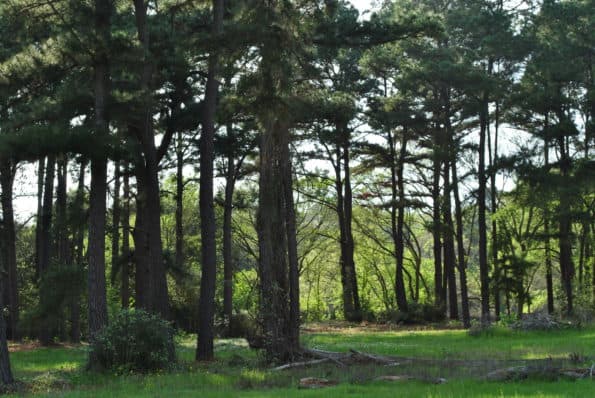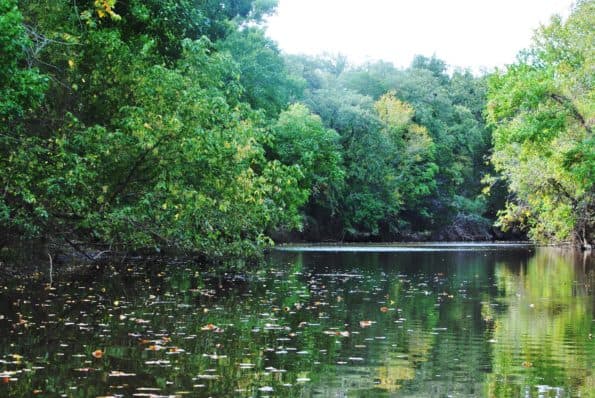Something changes in my body and mind when I enter a forest or visit the ocean. I start to relax and feel calm. Being outdoors especially out in the country makes me feel serene, peaceful, and content. I became acutely aware of my need for nature at at time when I was staying indoors a lot and found myself longing to get out of the city. When I started spending my weekends outdoors again,I felt so much better! Curious about my need for nature and noticing that other people had similar experiences, I began to read about a field called Ecotherapy. It turns out that the positive response to nature is common to all humans, and the healing and renewing impact of nature connection is well-researched and documented.

Patients in hospitals heal faster from surgery and report less pain when their windows face trees instead of brick. Physical and mental symptoms of depression and anxiety decrease after study participants take nature walks. Attention, memory and recall improve after spending time in nature, even among dementia patients. One study indicates that daily gardening may protect adults against developing dementia. Studies show that denser vegetation increases the benefit of nature time. In Japanese shinrin-yoku, or forest bathing, is a popular treatment for urban stress. Studies showing that children who grow up spending time outdoors in the wild develop sharper senses and may have higher IQ’s have spawned a trend of outdoor schools in other parts of the world. Another study links nature time to increased creativity. (Links in this paragraph are to articles available online; print references are below.)
Many of us instinctively know we need time outdoors. Favorite poets and philosophers have long pointed us toward nature for spiritual growth and health–think of Thoreau, Emerson, Wordsworth, and contemporary favorite, Mary Oliver. Spending time outdoors for your well-being may sound like common sense to you. However, many people lose their connection to the outdoors without even noticing it. Conditioned air, electronics, automobiles, and offices keep us indoors. We lose our tolerance for heat and cold and exercise. Electronics and media win our attention. Some city dwellers don’t have easy access to natural spaces. Some people don’t know what they are missing, but may have a sense that they are missing something. It is possible that humans are so deeply connected with the natural world that estrangement from it causes depression and anxiety. Connection with nature brings to life a part of our beings that can’t survive merely indoors.

I’ve recently begun training in Ecotherapy, a kind of psychotherapy that helps people re-learn the benefits of connecting with nature. As I incorporate simple ideas into my practice as a psychotherapist, I find that many clients respond quickly. For some, just taking a work-break to watch the leaves of a tree move in the light helps them feel calmer and more able to think clearly. I’m just beginning this path professionally and hope to share more of my experiences here.
I you are interested in learning more about the connection between human well-being and nature and the field of Ecotherapy I recommend “The Nature Principle: Reconnecting with Life in a Virtual World by Richard Louv.
References for studies:
Berman et al. Interacting with nature improves cognition and affect for individuals with depression J Affect Disord. 2012 November 140(3): 300–305.
Fuller, et al. (2007) Psychological benefits of green space increase with biodiversity. Biological Letters, 3, 390-394.
Jordan, M. and Hinds, J., editors (2016) Ecotherapy: Theory, Research and Practice. New York: Palsgrave.
Louv, R. (2011) The Nature Principle: Reconnecting with Life in a Virtual Age. NY: Workman
Maller, C. et al. Healthy nature healthy people: ‘contact with nature’ as an upstream health promotion intervention for populations. Health Promotion International, Vol. 21 No. 1 2005 November.
Taylor AF, Kuo FE. Children With Attention Deficits Concentrate Better After Walk in the Park. Journal of Attention Disorders. 2009; 12(5):402. [PubMed: 18725656]